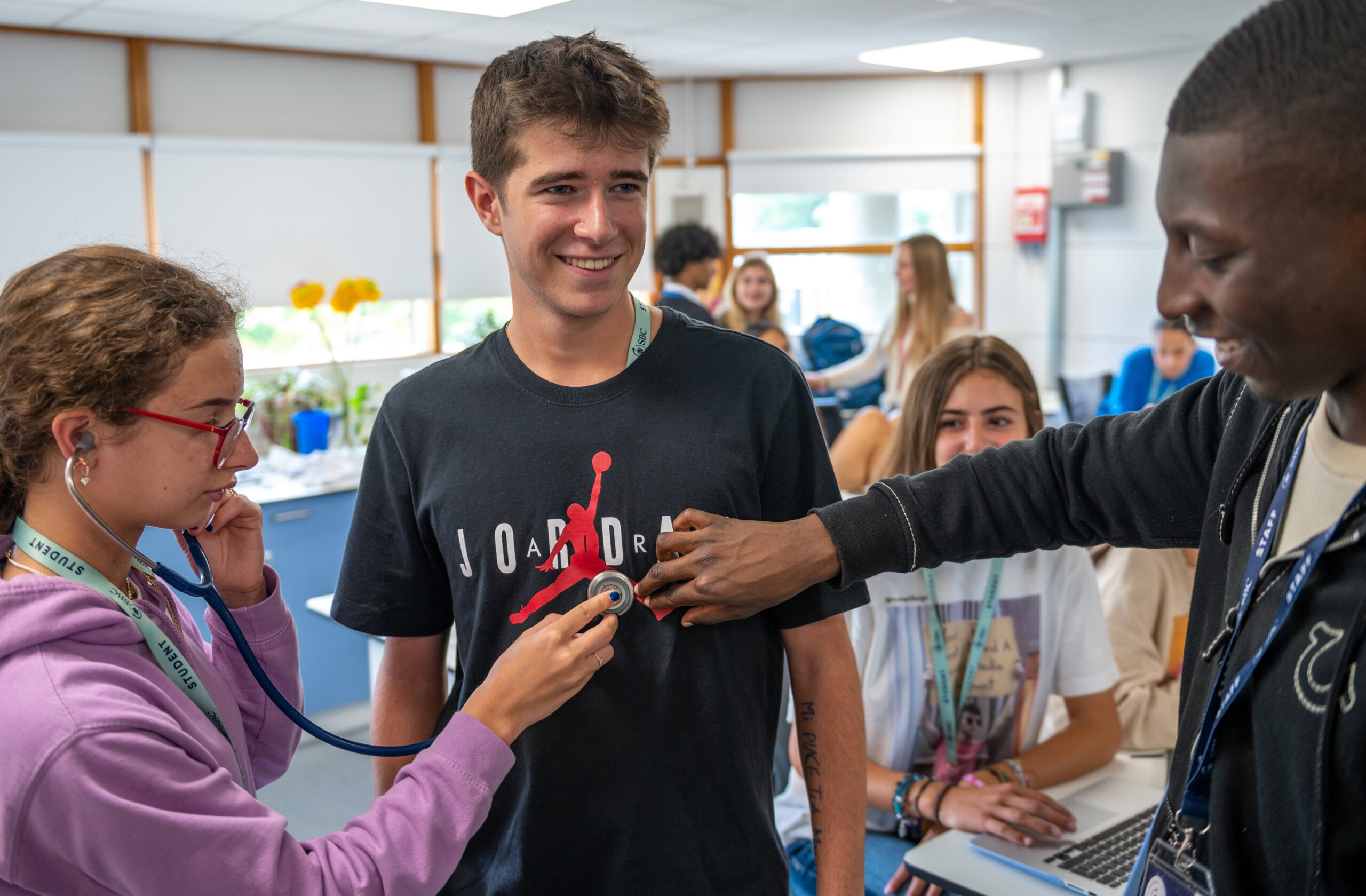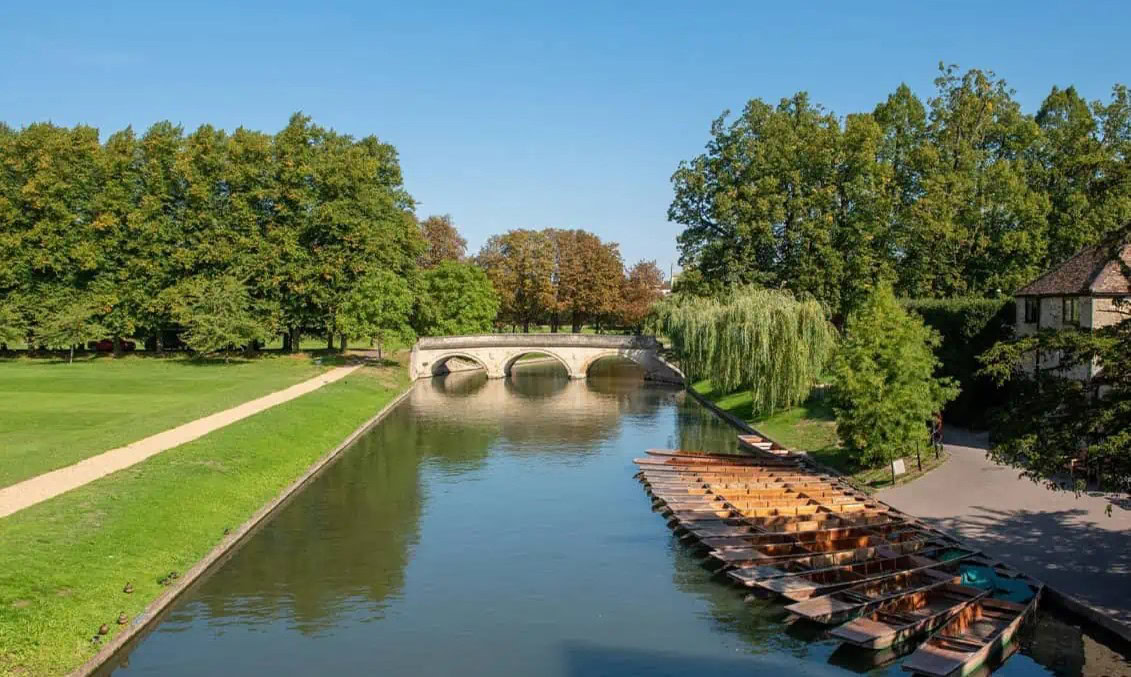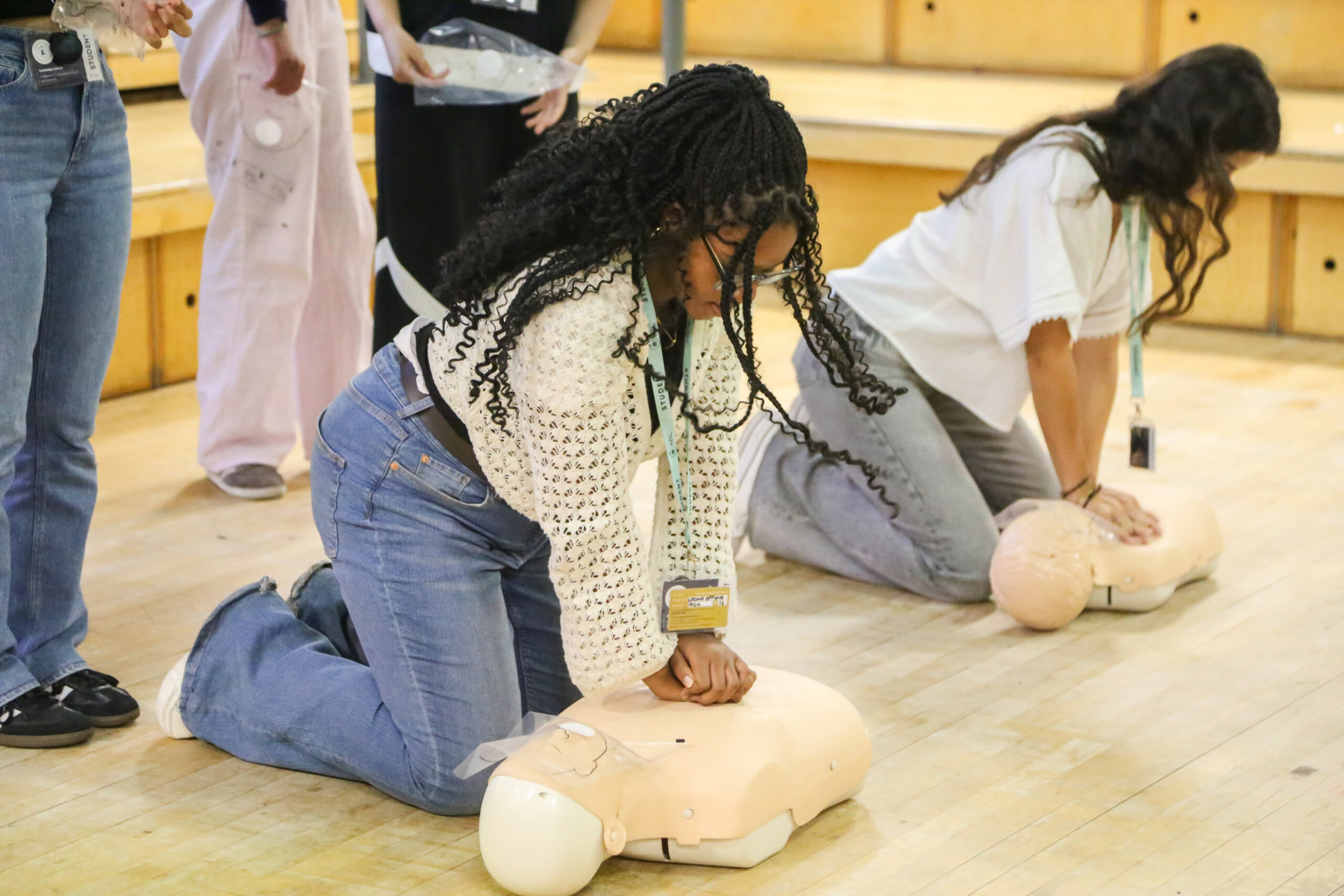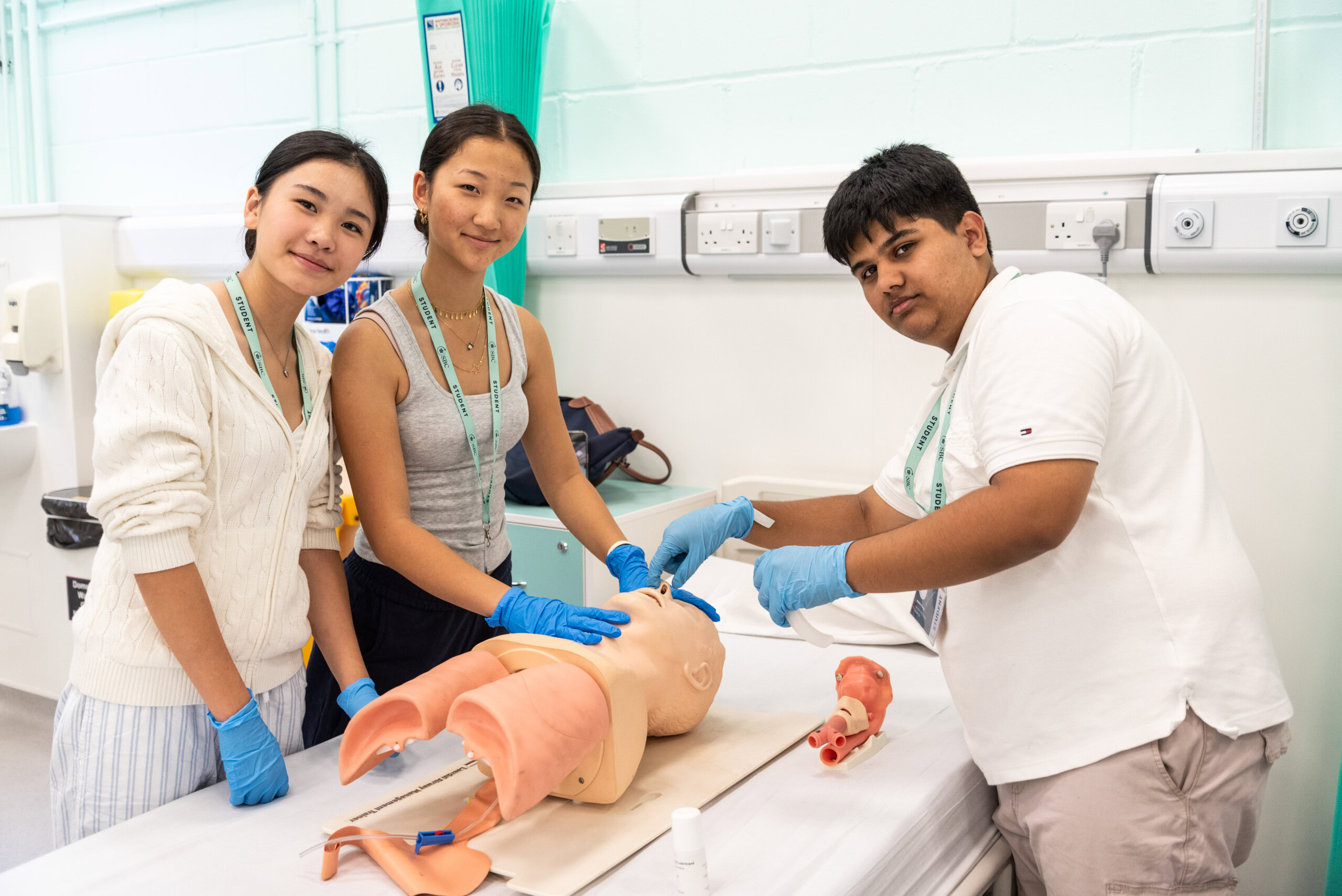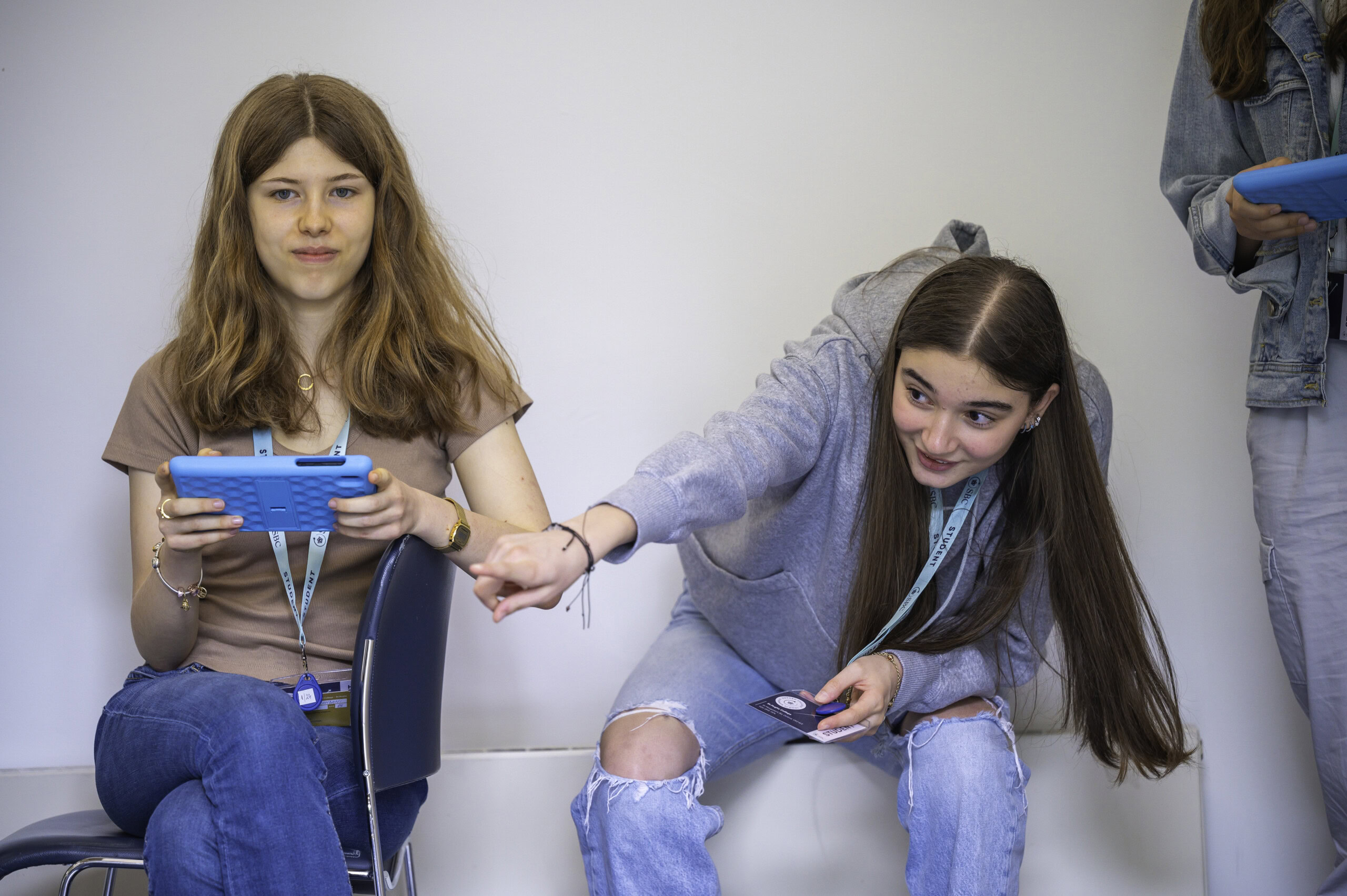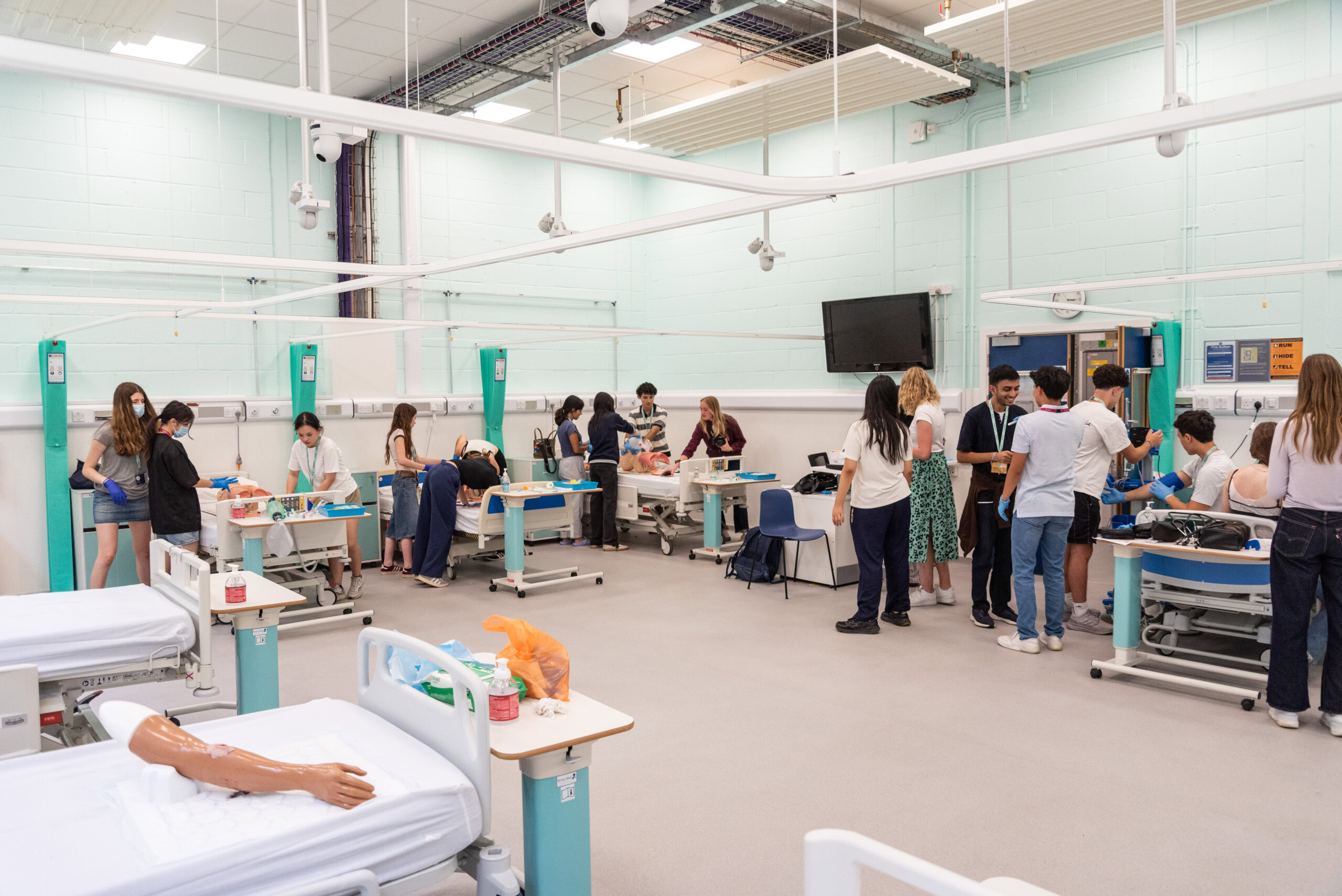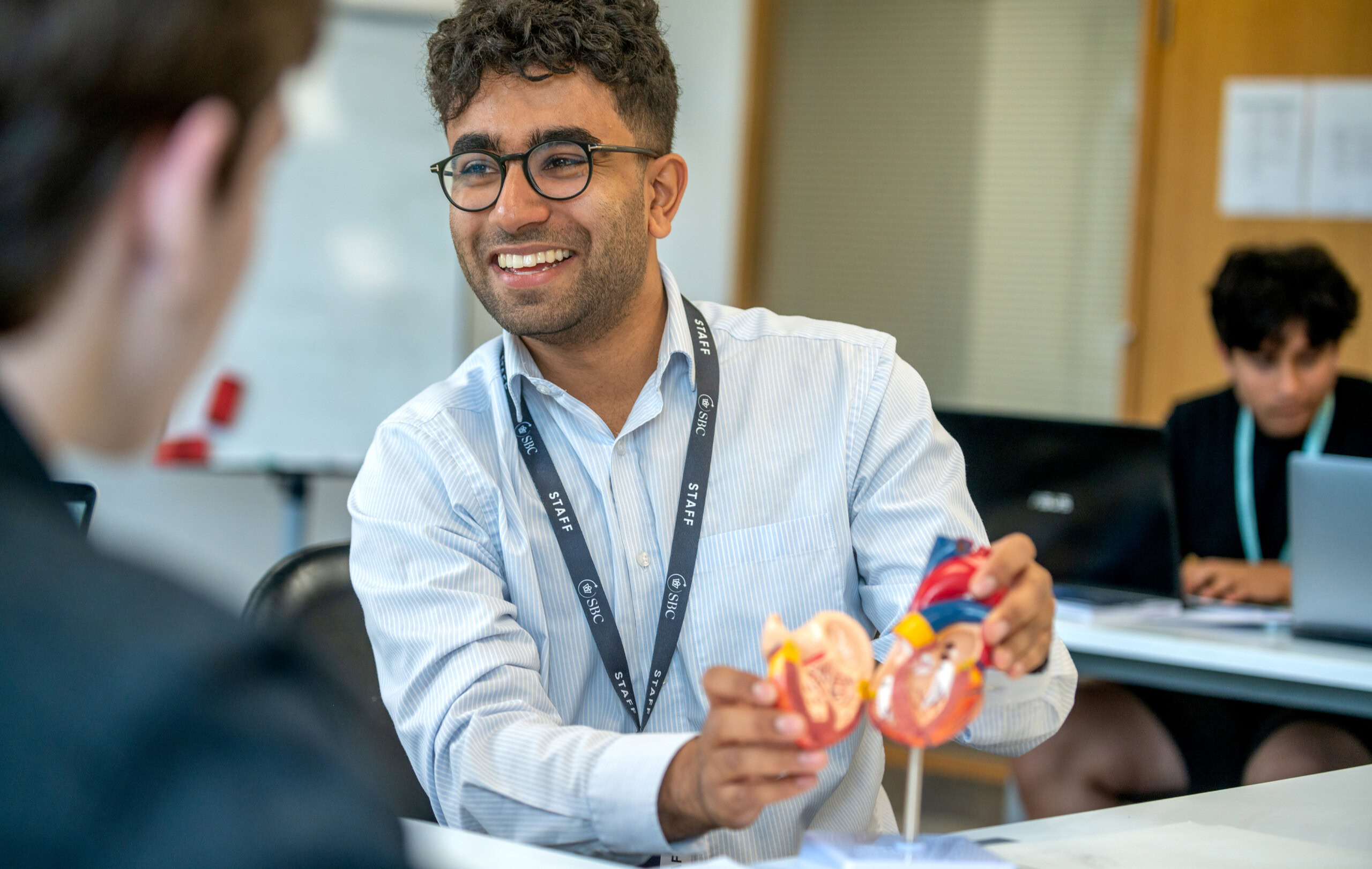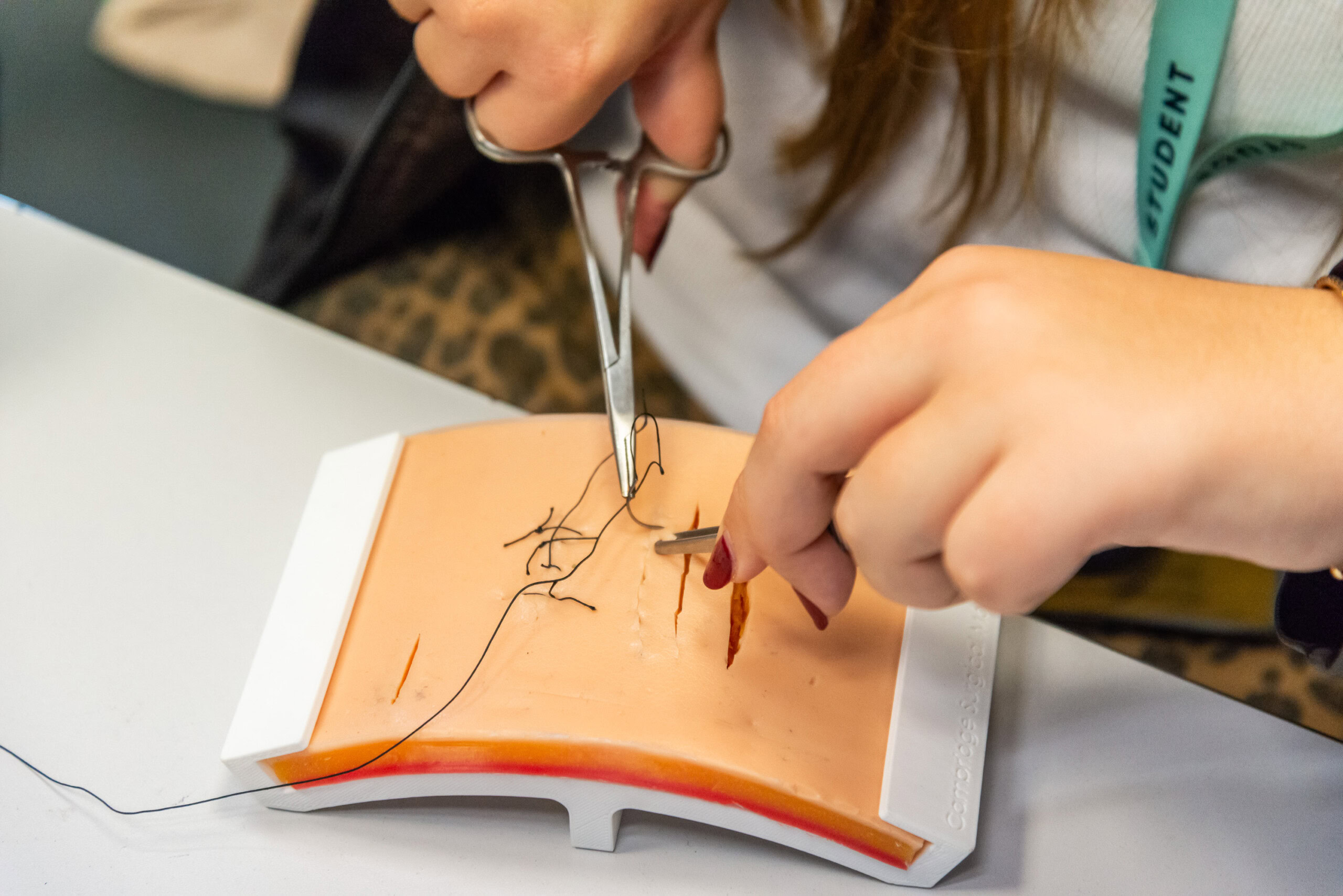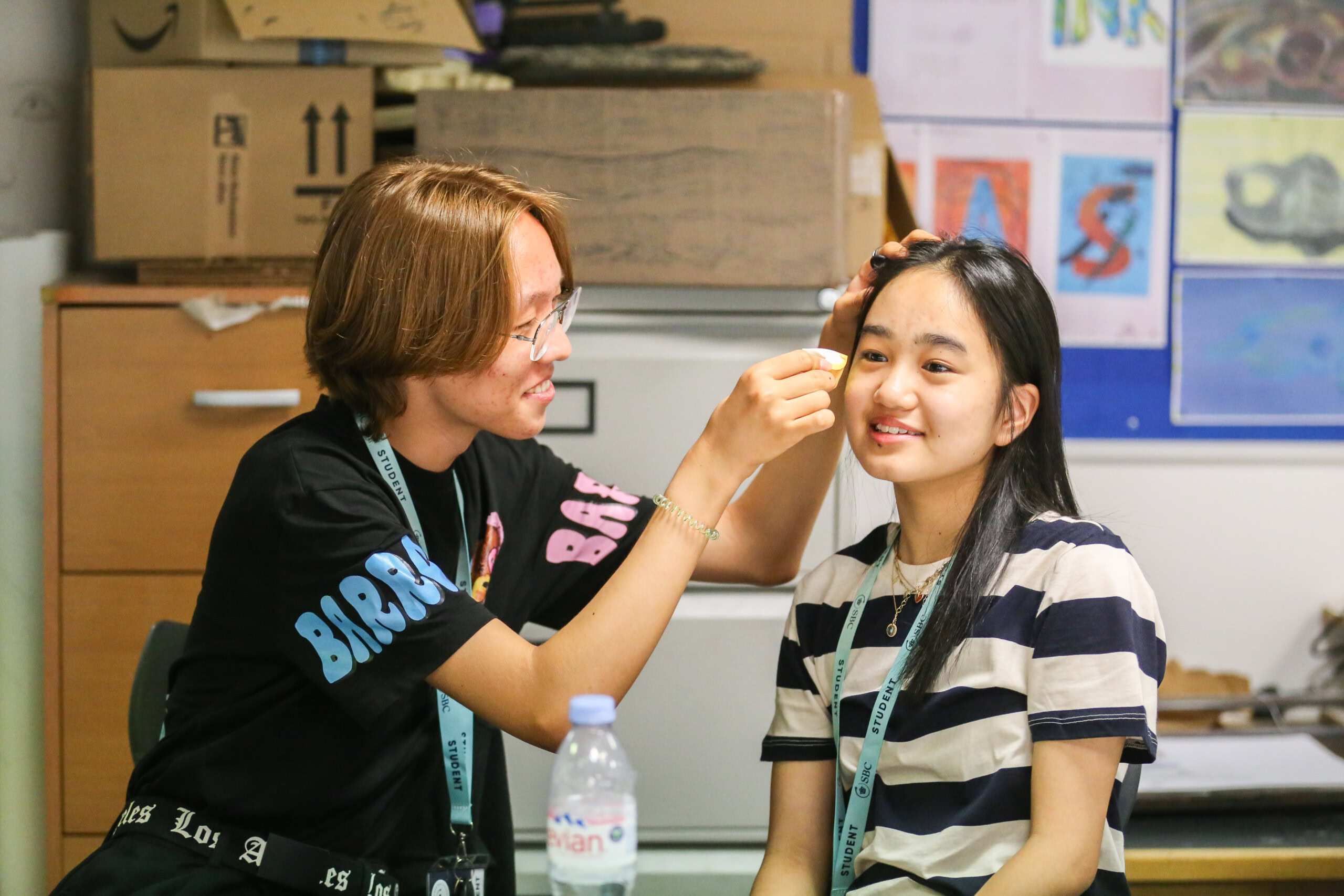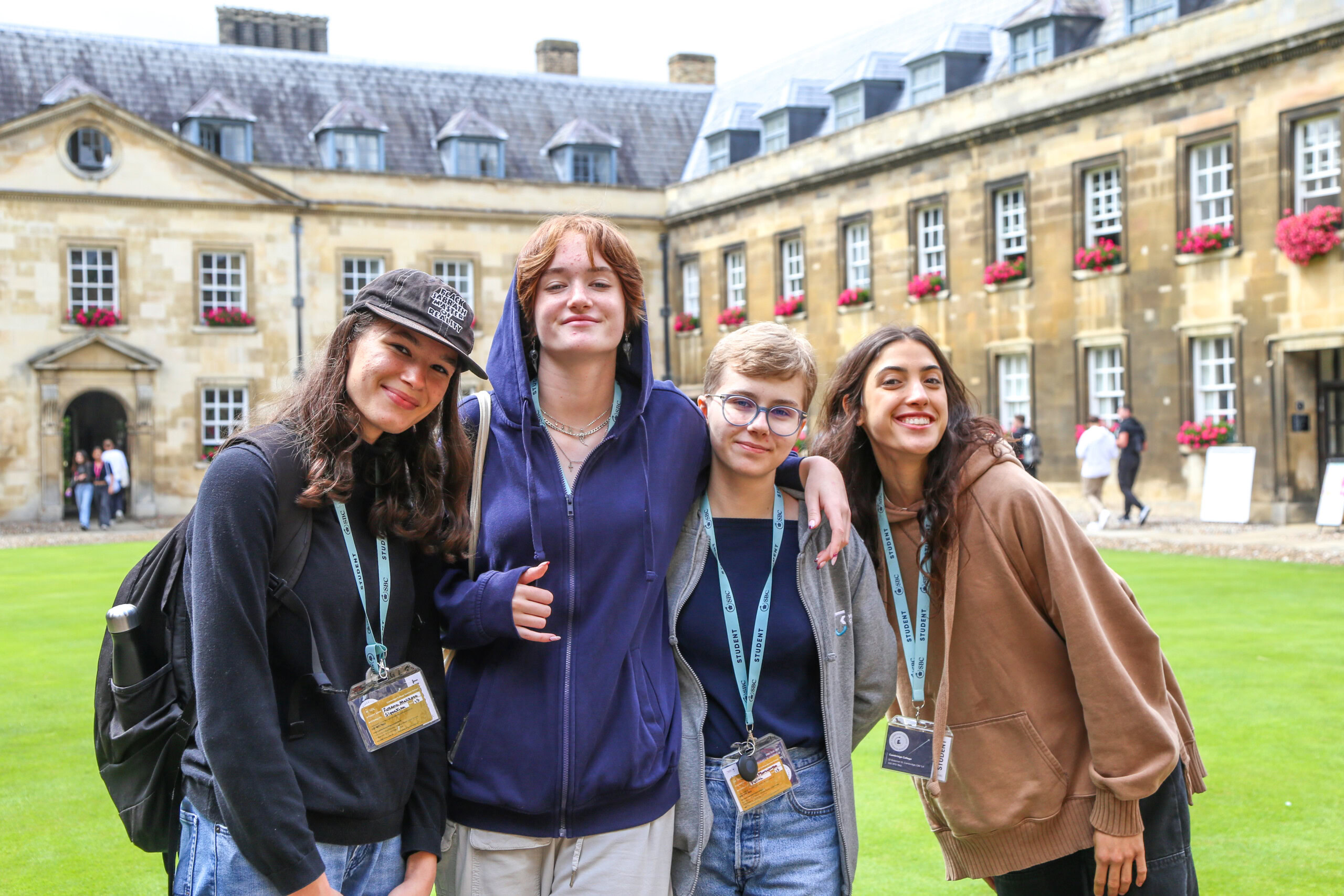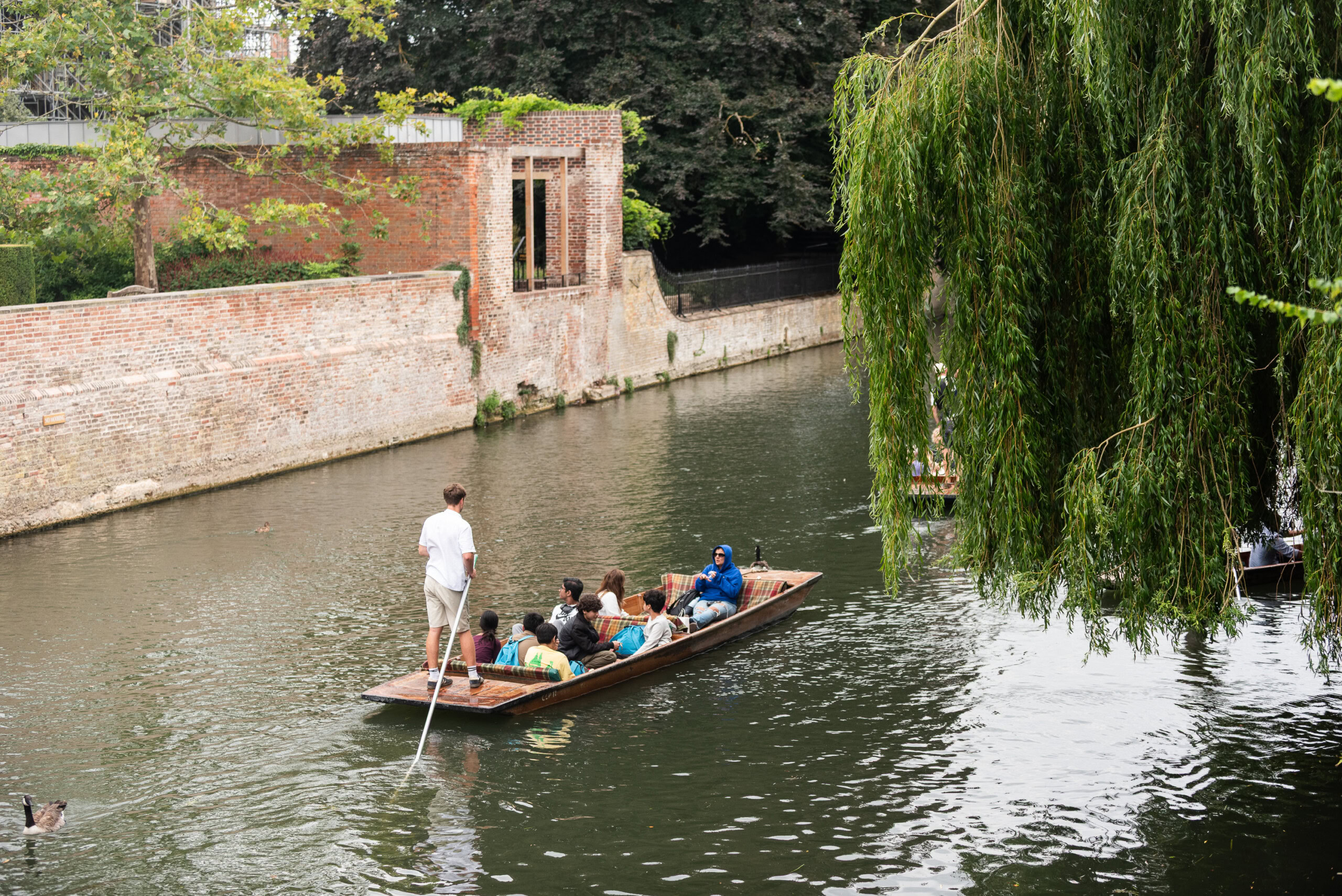Academic Content
Engage in 20 hours of medicine-focused academic study each week, guided by an experienced tutor. Lessons combine interactive seminars with practical workshops, allowing you to deepen your understanding of anatomy, physiology, and the principles of medical science through discussion, experimentation, and application.
Time to Shine
Apply your medical knowledge and creativity through dynamic group projects that culminate in the end-of-week Time to Shine Ceremony. It’s your opportunity to showcase what you’ve learned, share innovative ideas with your peers, and build confidence in presenting medical topics and research.
Fieldwork
Take your learning beyond the classroom and into the field. Guided by your tutor, you’ll visit locations connected to medicine and healthcare, carry out research, and test ideas through practical investigation. These sessions help you connect medical theory to clinical and community contexts, while developing observational, analytical, and problem-solving skills essential for future study in medicine.
Dedicated Academic Coaching
Receive personalised academic coaching to support your journey towards studying medicine at university. Whether you’re crafting a personal statement, refining your study techniques, or preparing for an interview or presentation, these sessions are designed to help you strengthen your academic profile and communicate your passion for medicine.
English Language Development
Throughout the programme, you’ll have regular opportunities to strengthen your English language skills — expanding your medical vocabulary and improving your confidence in speaking, writing, and presenting complex scientific ideas, including during your Time to Shine project.
